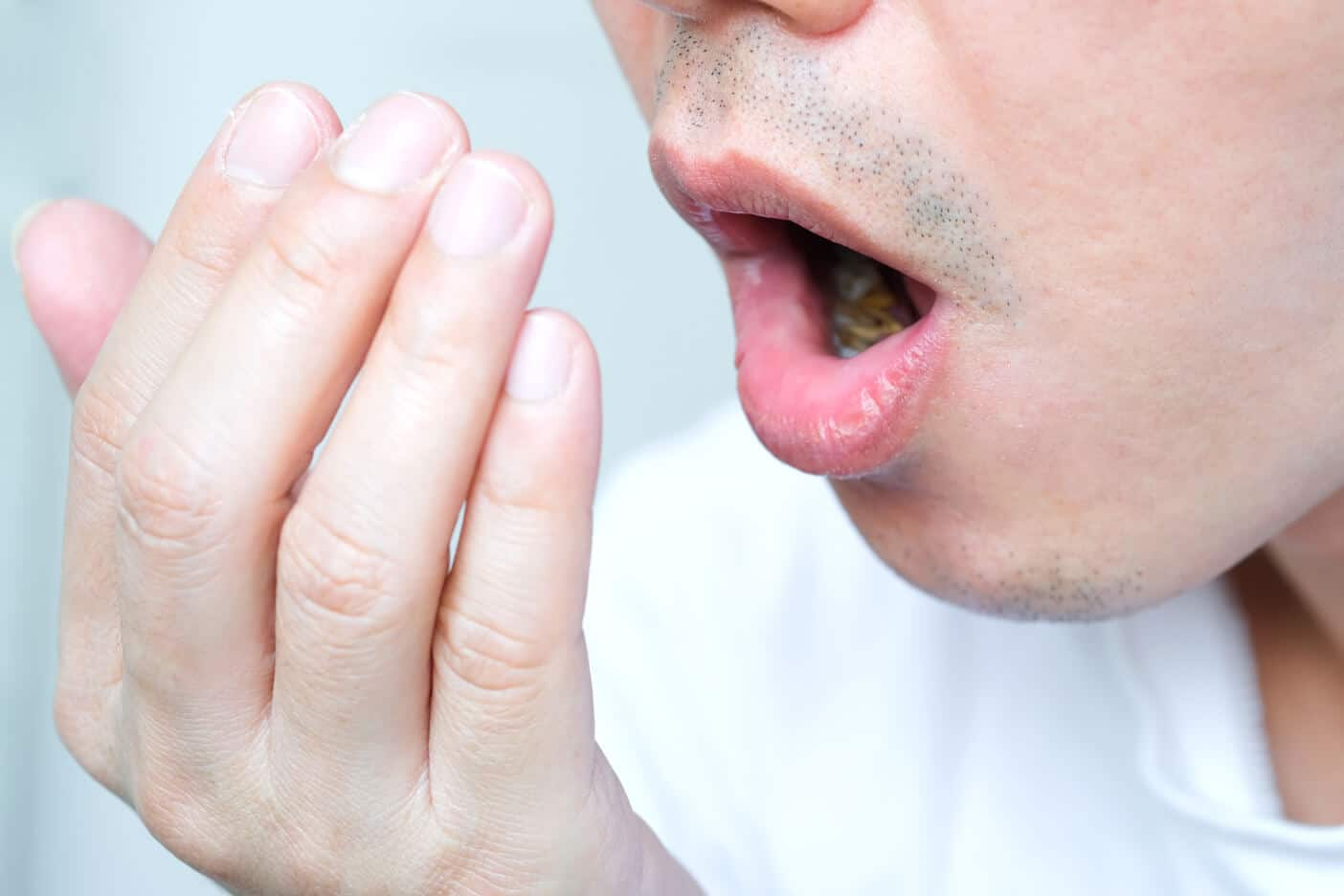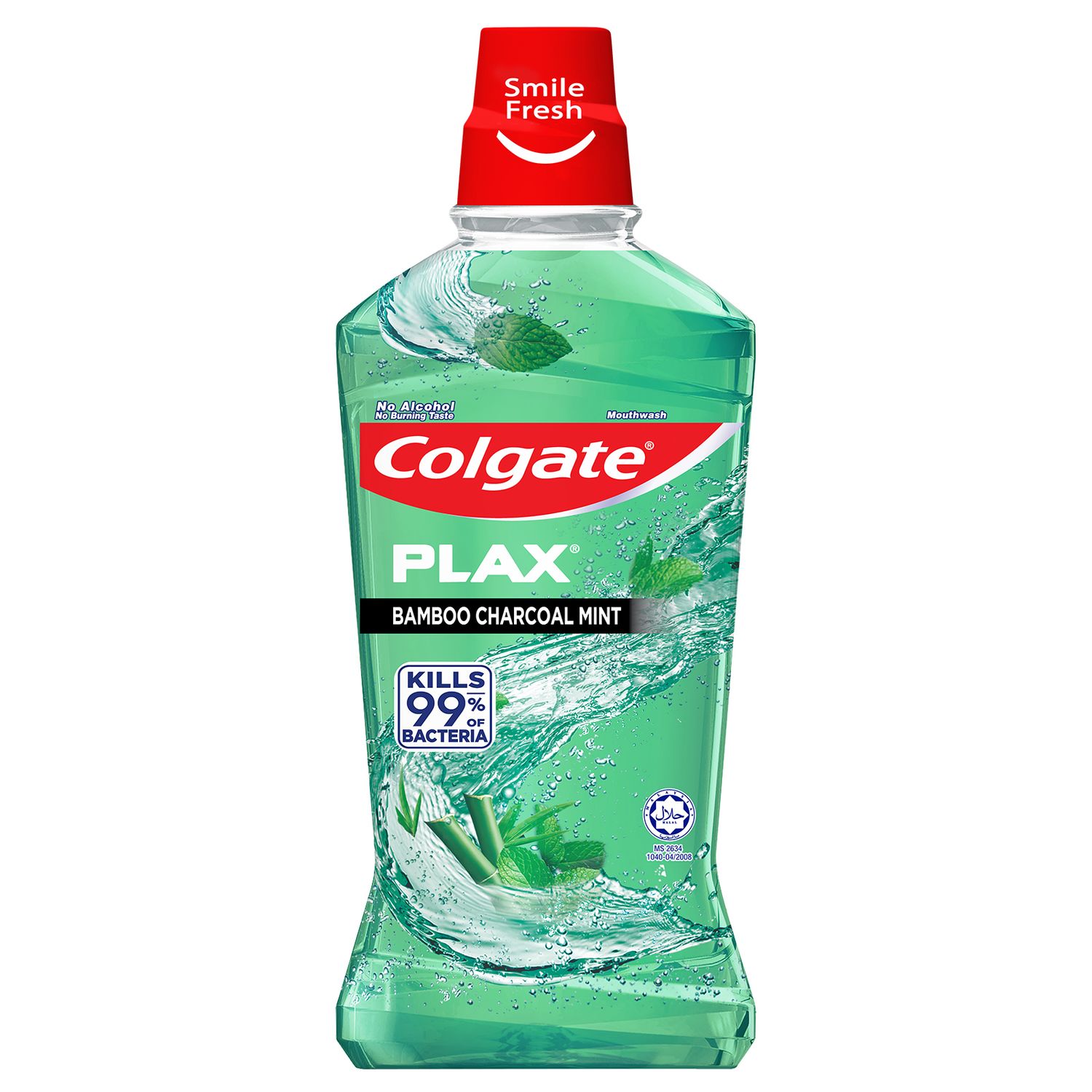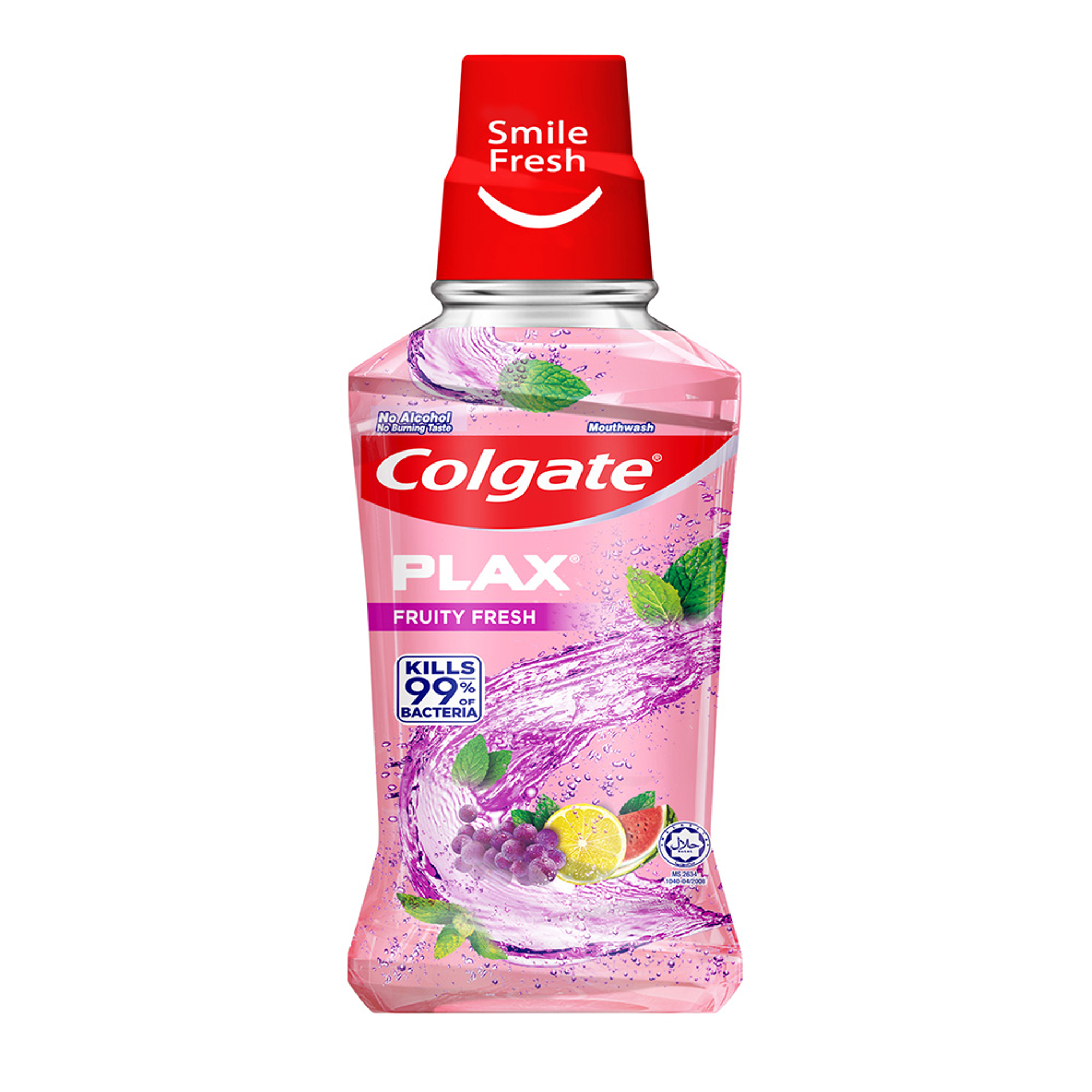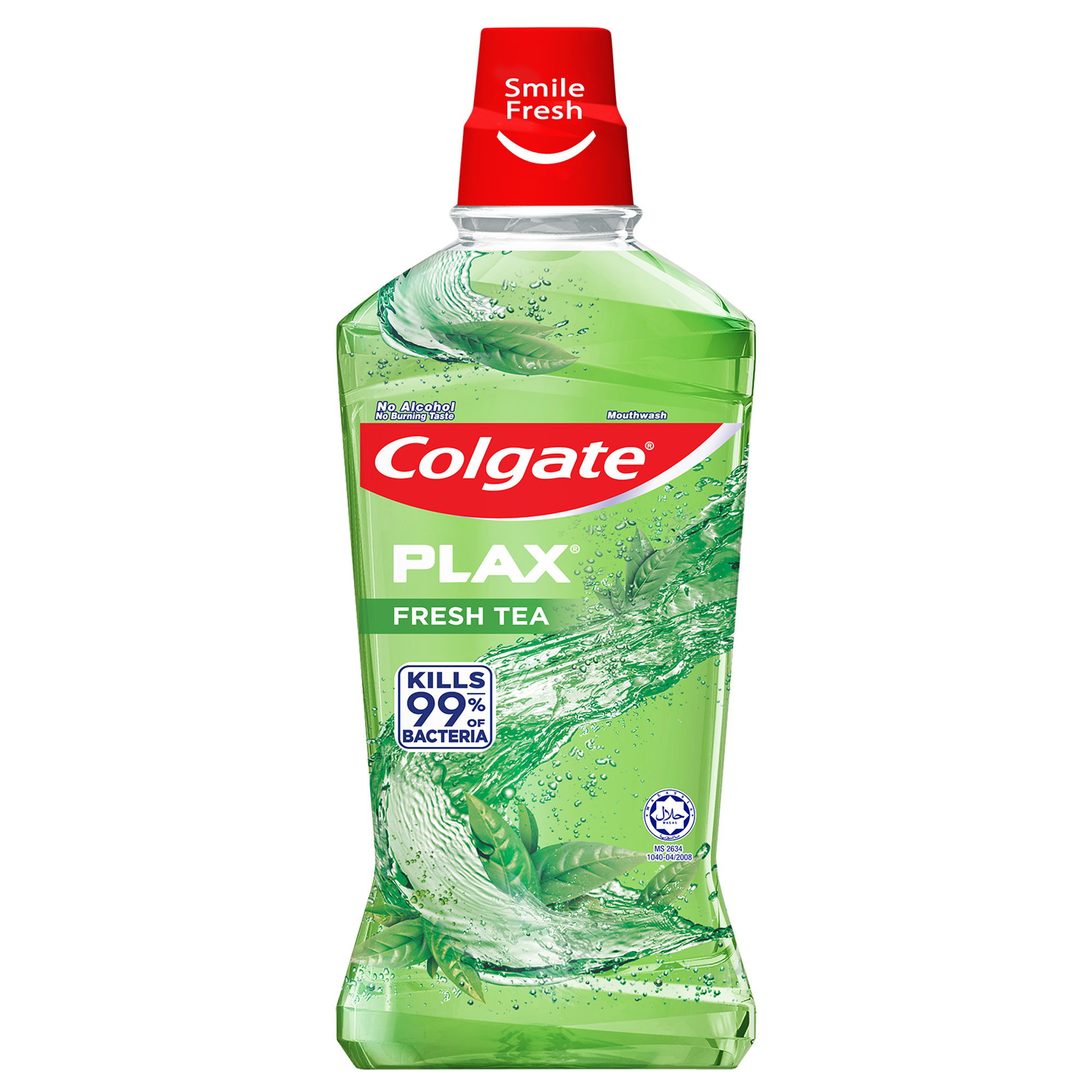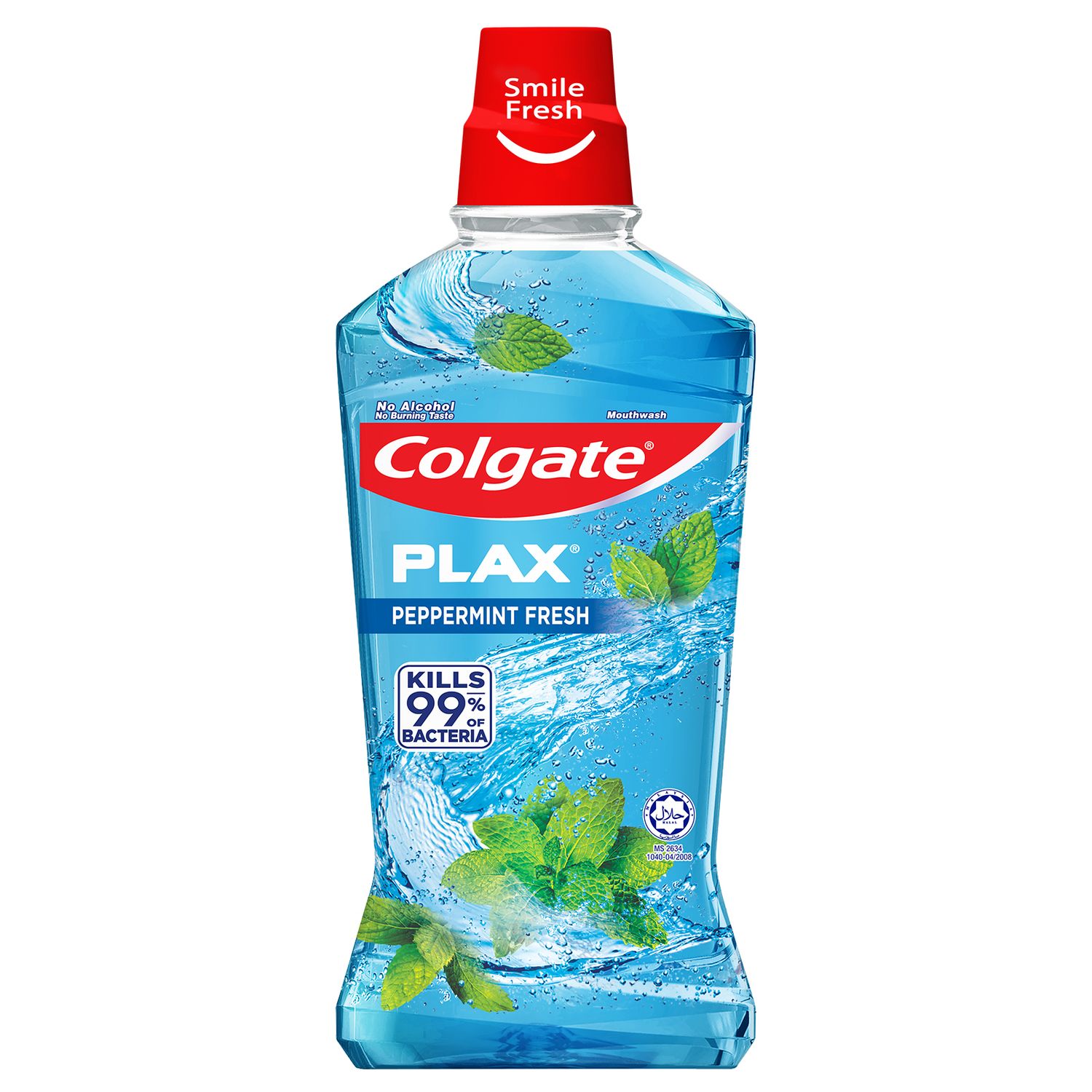What Are the Causes of Bad Breath?
It's not just the oldest and wisest amongst us who exhale in a less-than-desirable fashion. Halitosis is a common problem faced by many. We'll begin by addressing the causes that tend to affect the masses first because that may provide the easiest and fastest solution for you.
Do you have enough willpower to give up certain foods like garlic, onions and certain spices? Are you willing to cut down on or completely give up drinking alcohol? Or to stop chewing tobacco? These are some of the most common offenders of bad breath (and, of course, alcohol and tobacco can have adverse effects on your health more generally). The only real solution to these causes is to avoid them.
Whatever you decide, giving abstinence a try (at least temporarily) will help you determine what's at fault. Suppose you decide that what you're eating, drinking or inhaling isn't the reason for your bad breath. In that case, the Ministry of Health says that various medical and dental disorders can cause halitosis. Your dental professional is the person best suited to diagnose any potential health or hygiene issues.
How Does Periodontal Disease Cause Bad Breath?
Periodontal disease is one of the most common health-related causes of chronic bad breath, particularly in ageing populations. Essentially, most older people have some form of periodontitis, according to the Singapore Dental Association.
Periodontal disease is typically a result of plaque collecting on your teeth and gums (it's also known as gum disease). Your dental professional will be able to remedy the issue pretty quickly by cleaning your teeth and removing any tartar deposits you may have so your gums can heal. They'll likely recommend a stringent dental hygiene routine for you to follow at home to ensure your gums stay healthy and bacteria-free.
How Does Dry Mouth Cause Bad Breath?
Dry mouth (or xerostomia if you want to impress your friends) is another common cause of bad breath in ageing populations. You may be wondering why dryness in your mouth would create an unpleasant odour. It's simple. Suppose you don't have enough saliva to wash away food particles. In that case, it can collect on your teeth and gums, and bacteria will flourish.
There are many reasons you could be experiencing xerostomia as you get older. According to the Academy of General Dentistry in the United States, ageing does not cause dry mouth in and of itself. Some of the reasons for dry mouth related to ageing could be the result of medications you're taking, chemotherapy, autoimmune diseases, diabetes or alcoholism.
Regardless of the cause, keeping moisture in your mouth can help with unpleasant odours. Some older people use artificial saliva products, but sipping water or sucking on sugar-free lozenges throughout the day can help a lot too.
How Do Dentures, Partials and Fixed Bridges Cause Bad Breath?
If you wear removable replacement teeth, that's another possible reason your breath isn't as fresh as you'd like it to be. Food may have built up in hard-to-reach crevices, allowing bacteria to grow. A more stringent cleaning routine of your artificial teeth could rid your mouth of any unwanted odours.
Learn more about how to clean dentures and avoid bacteria buildup here.
Now that you know the most common causes of halitosis for older adults, we hope you're better able to narrow down what's causing problems for you. Most often, ridding yourself of bad breath is as simple as practising good oral hygiene. Brush at least twice a day (don't forget to brush your tongue), floss or clean between your teeth with interdental brushes or water flossers at least once a day, and consider using other helpful products like antimicrobial mouth rinses and tongue scrapers. Be sure to see your dental professional for regular cleanings – not only to keep your teeth pearly white and bacteria-free but also to ensure they're able to catch potential underlying health issues. And whatever the reason for your bad breath, remember there will be a solution out there that will leave you with a fresh and great-smelling breath.








